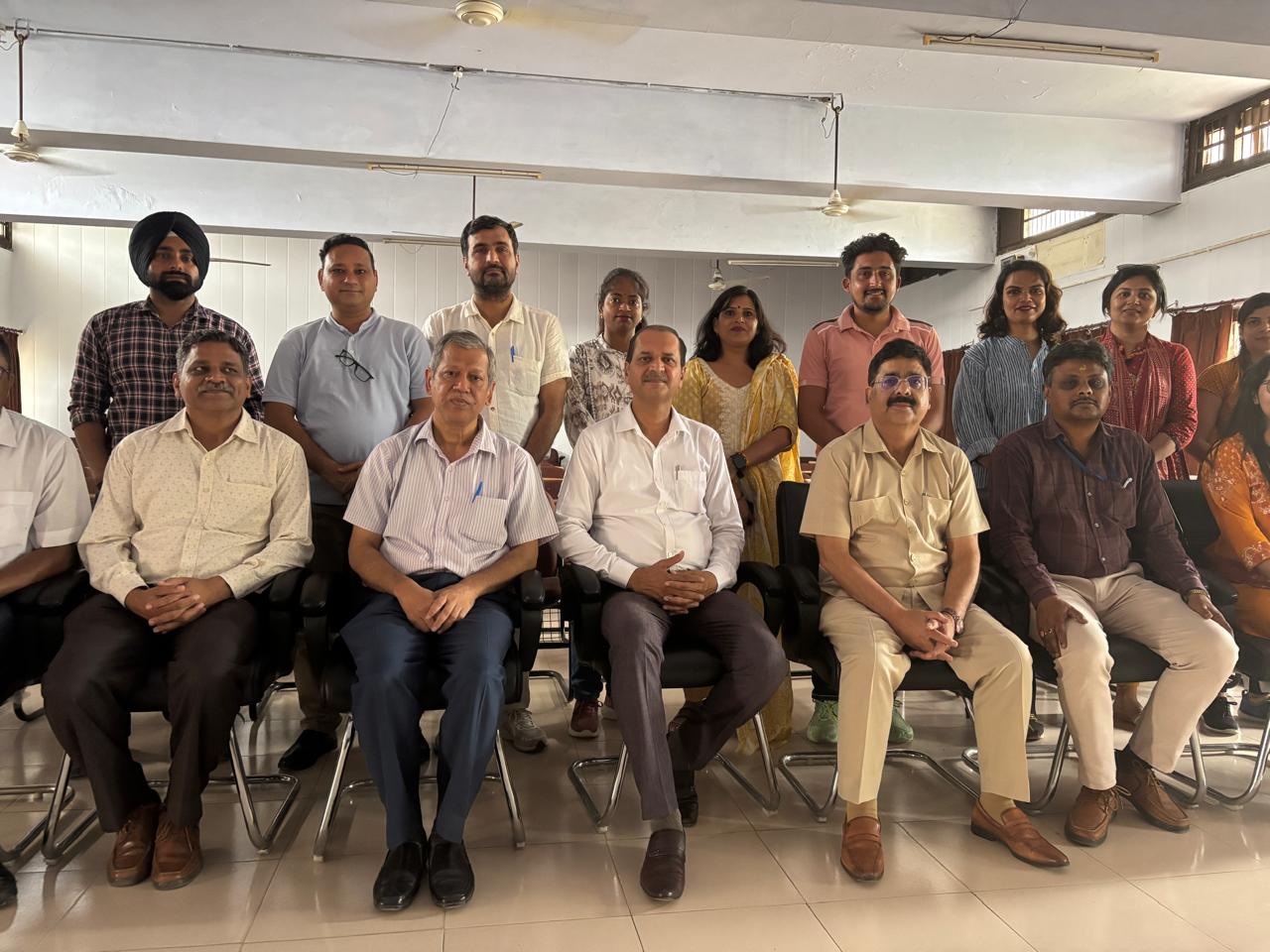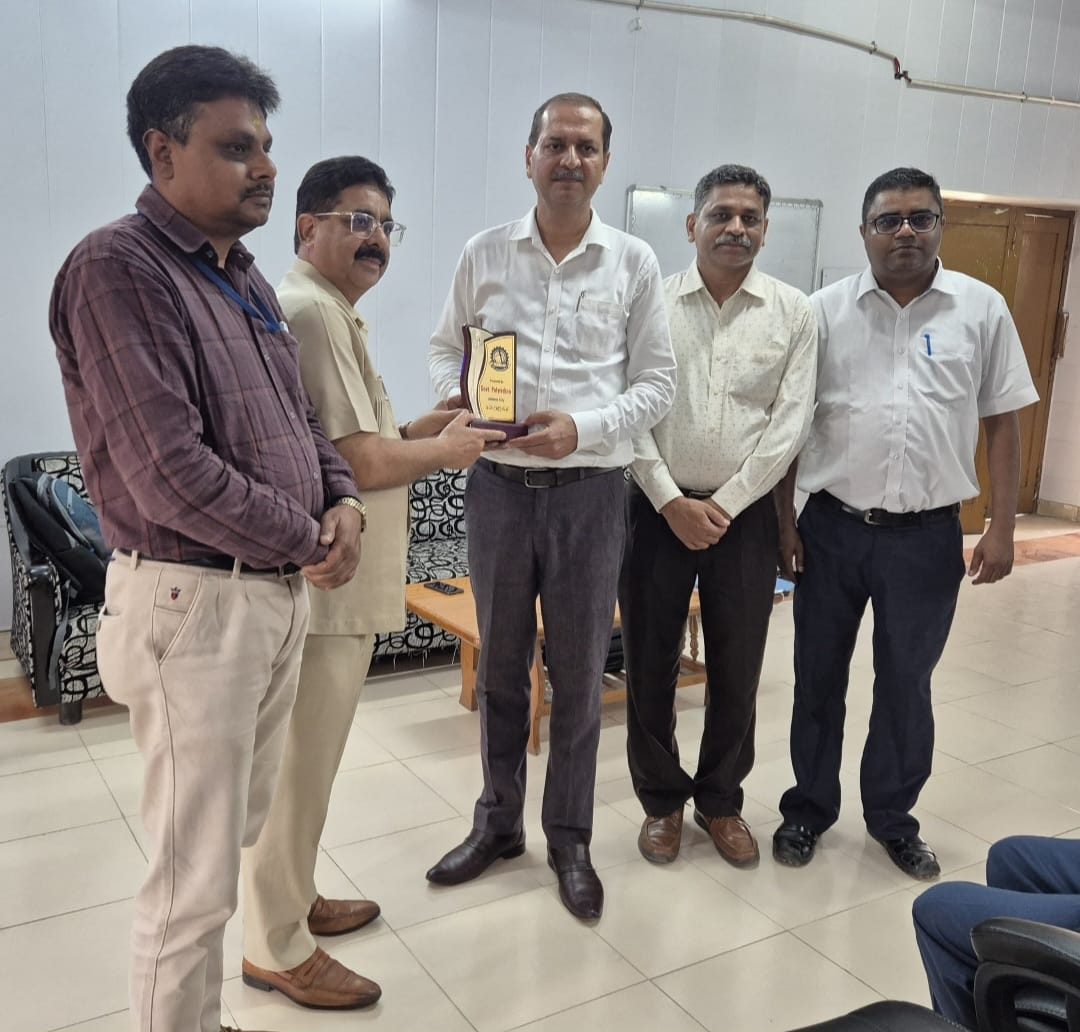Innovative Pedagogy for Future Classrooms
FDP at Government Polytechnic, Ambala City
It was a privilege to contribute to the Faculty Development Programme (FDP) on “Instructional Design and Delivery”, organized by the Department of Education and Educational Management, NITTTR Chandigarh, hosted at Government Polytechnic, Ambala City, from July 21–25, 2025. On July 24, 2025, two expert sessions were delivered, focusing on modern pedagogical frameworks and classroom innovation, with a strong emphasis on practical application and reflective teaching practices

Session 1: Pedagogical Aspects in Modern Teaching
The first session focused on building a deep understanding of modern pedagogical concepts, aligning them with the evolving expectations of 21st-century education. Participants explored a range of innovative teaching methodologies grounded in Constructivist and Experiential Learning, including Flipped Classroom, Blended Learning, Learning by Teaching (LbT), Project and Problem-Based Learning (PBL), Case-Based Studies (CBS), Outcome-Based Learning (OBL), and Design Thinking. The session emphasized practical implementation through real-life examples and guided educators in aligning their teaching strategies with the vision and goals of the National Education Policy (NEP) 2020. To encourage reflective practice, each concept was followed by a prompt that invited faculty members to share their thoughts, classroom experiences, and ideas for application, making the session highly interactive and introspective.
Session 2: Classroom Transformation Using Pedagogical Innovation – A Case Study
The second session focused on transforming classroom practices through pedagogical innovation, presented through a real-life case study from a B.Tech Final Year classroom. The session showcased how the methodologies discussed earlier—particularly Design Thinking—can be used to redesign learning experiences and effectively address instructional challenges. The five stages of the Design Thinking process—Empathize, Define, Ideate, Prototype, and Test—were explained through practical teaching scenarios, demonstrating how iterative and collaborative problem-solving can lead to more inclusive and outcome-driven learning environments. This session encouraged educators to view everyday classroom challenges as opportunities for creative and student-centered transformation.
These sessions offered a blend of practical insights and pedagogical reflections, empowering participants to explore contemporary instructional strategies with clarity and confidence. The active participation, thoughtful reflections, and engaging discussions from the attendees made the experience truly rewarding.
I extend my heartfelt gratitude to Dr. A.B. Gupta, Senior Professor and Head, Department of Education and Educational Management, NITTTR Chandigarh, for organizing and leading this impactful FDP. I am also thankful to Dr. Rajesh Sapra, Principal of Government Polytechnic, Ambala City, for his gracious presence throughout both sessions and for honouring me with a token of appreciation. Special thanks to Local Coordinator Er. Aadish Bindal for facilitating the arrangements and ensuring a smooth and enriching experience. And above all, I thank all participating faculty members for their enthusiastic presence, insightful queries, and meaningful contributions.

